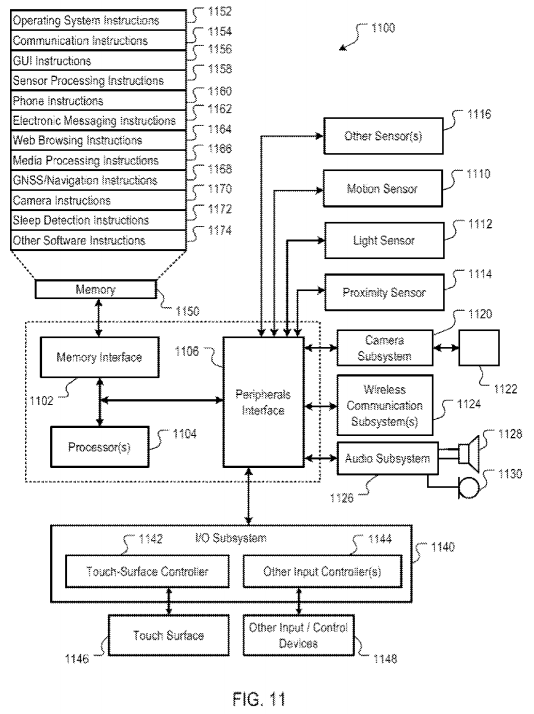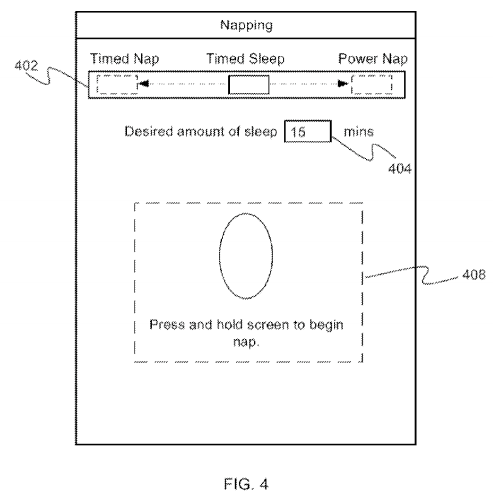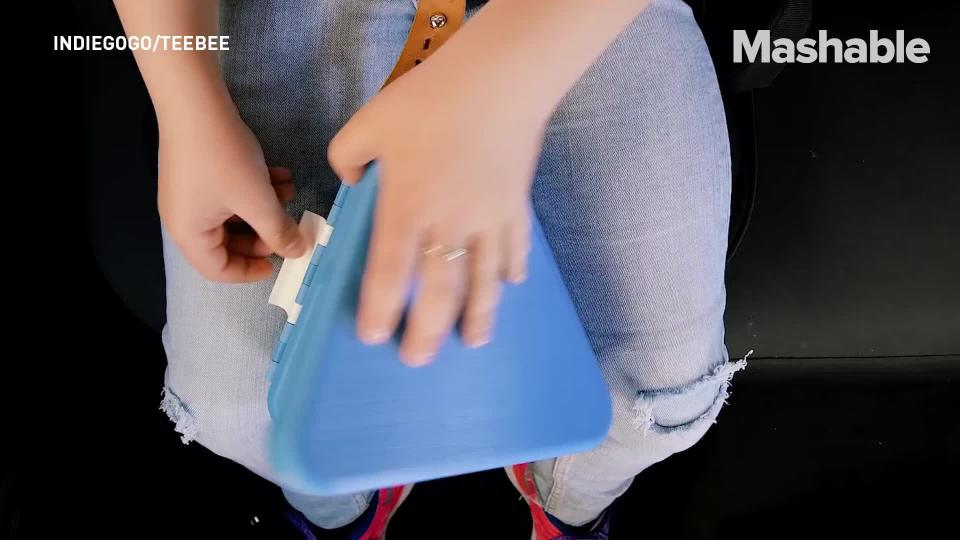Your future iPhone could wake you up by memorizing your sleep patterns

If you use an iPhone, Apple probably controls most of your waking hours. The company could take over your time spent in dreamland sometime in the near future, too, by using all the data it collects about you to push you toward a better night's sleep.
Apple might be working on a new system to help improve user sleep patterns, if a new patent recently granted by the United States Patent and Trademark Office (USPTO) is any indication.
The filing, which was unearthed by Apple Insider, describes new methods to automatically control alarms and notifications to manage bedtime at night and waking times in the morning. The system would offer a service that's usually against the company's MO: making users disengage with their phones to hit the hay.
SEE ALSO: If this alarm clock doesn't get you out of bed nothing will
The system described by the patents depends on the various biometric sensors and other data gathered by the device to create a sleep schedule. Mobile phones and smart watches are both mentioned in the filing, making iPhones and Apple Watches prime platforms for the tracking system.
The sleep tracker would adjust alarms using input from a user's typical bedtime routine and "sleep onset latency," aka the gap of time between the act of going to bed and the actual moment the user goes to sleep. By using the device's sensors to determine when the user is actually conked out, the system would tack on the lost latent sleep time and change the alarm — unless a calendar event takes precedence.
If the system senses users aren't getting enough rest, it would send push notifications and suggestions tailored to their sleep patterns. Essentially, Apple would make Siri your mother, nagging at you to shut down and go to bed.

Image: uspto
For more controlled snoozes during the day, the patent describes a next-level nap function, which could potentially be engaged and tracked via pressure on the phone's screen as the user falls in and out of sleep.

Image: uspto
There's no way of knowing if Apple is actually working to integrate this system into future devices, since it's just a patent, but the company is definitely invested in health and sleep tech. iOS 10 brought Bedtime, a sleep management suite that lets users manually set their sleep goals and nags them to get to sleep, but it's a less sophisticated version of the system described by the new patent. More tellingly, Apple acquired sleep tracker Beddit last month, which could help kick off the next gen efforts.
Wearable rival Fitbit has invested heavily in the space, and as Apple focuses more on health care with the Apple Watch and other major projects rumored to be coming to the iPhone, sleep tracking is certainly well within its sights.
WATCH: Give your kids a much-needed break from screen time with this portable toy box


